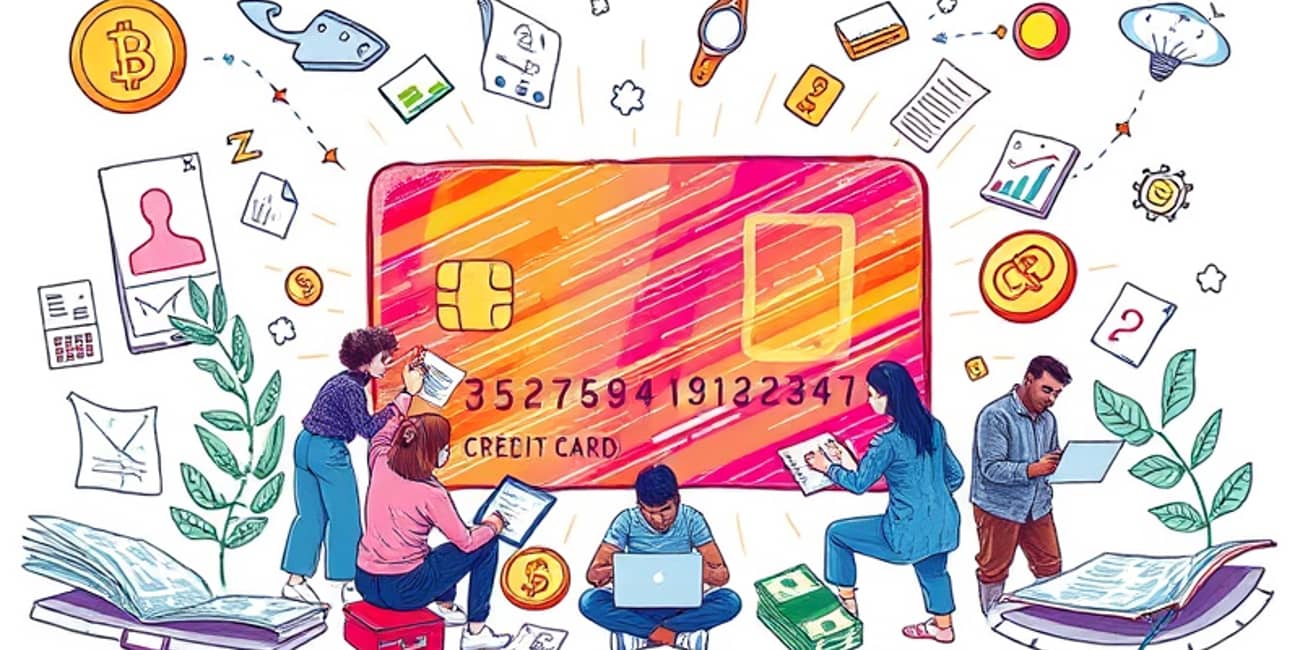Freelancing offers remarkable flexibility, but it frequently comes with variable income and complex expenses. Choosing the right credit card can transform a disjointed financial experience into a streamlined system that not only facilitates accounting but also unlocks substantial savings and rewards. In this comprehensive guide, we will explore the best credit cards for freelancers in 2025, underscore key benefits, and provide actionable tips to maximize every dollar spent.
Whether you are just starting your freelance path or you are an established professional seeking improved benefits, you will discover options tailored to your specific spending patterns and business needs. Let’s dive in.
Top Credit Cards for Freelancers in 2025
Here are the leading selections based on overall value, usability, and specialized features. These credit cards stand out in the marketplace due to their robust rewards programs, cost-effectiveness, and attractive introductory offers.
The following table outlines essential features that are vital for freelancers: fees, rewards, and introductory financing. Use this as a starting point before exploring specific profiles and tailored needs.
Matching Cards to Freelancer Profiles
Every freelancer has distinct priorities. Here’s how to select the ideal card based on your professional profile and spending behaviors.
- Established Professionals with High Spending: The American Express Business Gold Card is perfect for those investing significantly in advertising, travel, or client entertainment. Its flexible rewards structure targets your highest spending categories, delivering optimal returns on crucial expenses.
- Category Flexibility Seekers: The Bank of America Business Advantage Customized Cash Rewards card provides 3% cash back in a selected category and 2% on dining. With no annual fee and a $300 statement credit, it balances flexibility with user-friendliness.
- Growing Businesses: The Capital One Spark Cash Select offers 1.5% cash back on all purchases and an attractive welcome bonus, making it ideal for those anticipating rapid growth while preferring straightforward rewards.
- Service-Based Providers: The U.S. Bank Triple Cash Rewards Visa® Business gives 1.5% cash back on all purchases and 2% on common business expenses such as utilities, making it a great choice for agencies and consultancies with substantial recurring costs.
- Tech-Savvy Entrepreneurs: The Ramp Card prioritizes automation, real-time expense tracking, and advanced analytics—an essential tool for freelancers involved in software development and digital marketing.
Key Financial Management Advantages
Separating personal and business finances is not only a best practice; it is a crucial strategy for effective bookkeeping and stress-free tax preparation. Dedicated business cards offer:
- Simplified expense tracking and tax preparation through integrated software enhancements.
- Automatic reporting that categorizes transactions, saving you valuable time each month.
- Primary auto rental insurance for business trips, alleviating worries over secondary coverage.
- Purchase protection and extended warranty on essential equipment and software acquisitions.
Tax Advantages of Business Credit Cards
One of the most underappreciated aspects of business credit cards is the tax benefits they provide. By using a card exclusively for business expenses, you can:
- Deduct business credit card interest on Schedule C (Line 16), which reduces your taxable income.
- Claim 100% of the interest payments on the card if it is used solely for business purposes.
- Take advantage of expense-tracking services that analyze past transactions for overlooked deductions.
These deductions can accumulate over time, especially if you occasionally carry a balance due to the 0% introductory APR periods offered by many cards.
Reward Optimization Strategies
Maximizing rewards involves more than just selecting a card with a high headline rate. Employ these strategies to boost your earning potential:
- Align card rewards with your top spending categories—whether that’s office supplies, travel, or software subscriptions.
- Stagger welcome bonuses by timing your applications to meet spending thresholds without exceeding your budget.
- Rotate or change bonus categories annually to keep pace with your evolving business needs.
- Combine flat-rate and category-specific cards for a holistic approach that addresses various expense types.
Considerations When Choosing Your Next Card
Before submitting an application, evaluate these critical factors to ensure the card fits your unique situation:
1. Spending Volume: If you are new to freelancing, a no-fee card with flat-rate rewards generally provides the best overall value. For seasoned freelancers with substantial expenses, the benefits of premium cards can considerably outweigh their annual fees.
2. Fee Structure: Compare annual fees against the value of benefits such as travel credits, complimentary employee cards, and enhanced insurance protections.
3. Interest Rates and Credit Terms: A 0% introductory APR period can be invaluable when client payments are delayed; however, ensure you have a plan to settle balances before standard rates commence.
Final Thoughts: Building Sustainable Financial Power
Freelancers who manage their finances with the same attention to detail they apply to their craft are more likely to thrive. By selecting the appropriate credit card, you not only earn rewards but also gain greater financial clarity and control. Whether you seek simplicity, generous rewards, or advanced expense tracking tools, there is a card designed to elevate your business operations.
Start by assessing your spending habits and goals, then choose the card that aligns with your aspirations. With prudent usage, you will transform everyday purchases into opportunities for growth, laying the groundwork for a more profitable and sustainable freelance career.



